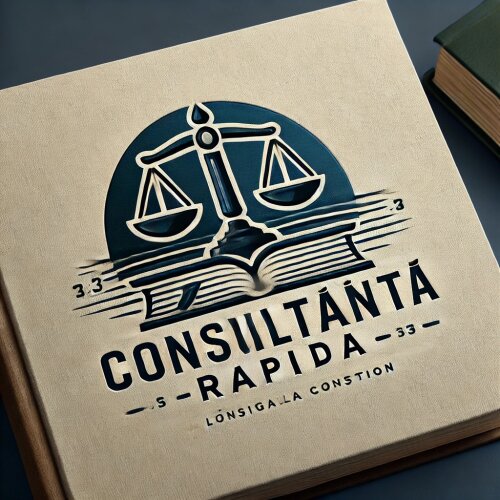What rights do minority shareholders have under Romanian corporate governance rules when the board approves a related-party transaction?
Lawyer Answers

ARSULESCU - LAW OFFICE

ARSULESCU - LAW OFFICE
In Romania, related-party transactions are subject to both disclosure and approval requirements, especially if they could affect minority shareholders. If a board approved such a transaction without proper transparency or an arm’s-length process, there are a few possible remedies for example, challenging the decision in court, requesting the annulment of the transaction, or seeking damages if shareholder rights were harmed.
There are also reporting duties toward shareholders and, in some cases, to the Trade Registry or auditors. The exact steps depend on the company’s form (SA or SRL), the articles of association or the value or nature of the transaction.

ARSULESCU - LAW OFFICE
In Romania, related-party transactions are subject to both disclosure and approval requirements, especially if they could affect minority shareholders. If a board approved such a transaction without proper transparency or an arm’s-length process, there are a few possible remedies for example, challenging the decision in court, requesting the annulment of the transaction, or seeking damages if shareholder rights were harmed.
There are also reporting duties toward shareholders and, in some cases, to the Trade Registry or auditors. The exact steps depend on the company’s form (SA or SRL), the articles of association or the value or nature of the transaction.

mohammad mehdi ghanbari
Hello,
I understand you have concerns about a related-party transaction approved by the board of a Romanian company in which you are a minority shareholder. It is wise to be vigilant in such situations, and Romanian corporate law provides several protections and remedies for minority shareholders.
Under Romanian law, specifically Law No. 31/1990 on Commercial Companies, there are provisions to protect minority shareholders from abusive or unfair practices, including those related to related-party transactions.
Disclosure and Approval of Related-Party Transactions
Related-party transactions are not prohibited in Romania, but they are subject to specific disclosure and approval requirements to ensure fairness. These transactions must be conducted at arm's length, meaning the terms should be comparable to those of a similar transaction between unrelated parties.
The board has a duty to ensure that any such transaction is in the best interest of the company and all its shareholders, not just the majority or a related party. Failure to do so can be a breach of their fiduciary duties.
Your Rights as a Minority Shareholder
As a minority shareholder, you have several rights that can be exercised in this situation:
Right to Information: You have the right to be informed about the company's activities, including details of any related-party transactions. This information should be provided in a transparent manner.
Right to Challenge Decisions: You have the right to challenge a board's decision in court if you believe it is unlawful, against the company's articles of association, or unfairly prejudicial to your interests as a minority shareholder. According to Article 132 of Law No. 31/1990, shareholders can file a claim to annul a resolution within 15 days of its publication.
Right to Vote: While your voting power may be limited, you have the right to vote in shareholder meetings on matters that require shareholder approval.
Remedies Available to You
If you believe a related-party transaction has been approved without proper disclosure or a fair process, you can seek several remedies:
Annulment of the Transaction: You can file a court action to have the transaction annulled.
Damages: You can seek financial compensation for any harm caused to you or the company as a result of the unfair transaction.
Company Dissolution: In extreme cases of shareholder oppression or deadlock, a court may even order the dissolution of the company.
Appointment of a Judicial Administrator: In cases of governance deadlocks, a court may appoint a judicial administrator to resolve the issues.
The specific rights and remedies available to you may also depend on the company's legal form (SA - joint-stock company or SRL - limited liability company) and the provisions of its articles of association.
I would be happy to provide you with a more detailed and personalized consultation on this matter via WhatsApp for a low fee. Please feel free to reach out to discuss your specific situation further.

Beyond Legal

Florin Vasilescu Cabinet de Avocat
Free • Anonymous • Expert Lawyers
Need Personal Legal Help?
Connect with experienced lawyers in your area for personalized advice on your specific situation.
No obligation to hire. 100% free service.
Related Legal Experts
Get personalized help from lawyers specializing in this area

All lawyers are verified, licensed professionals with proven track records



